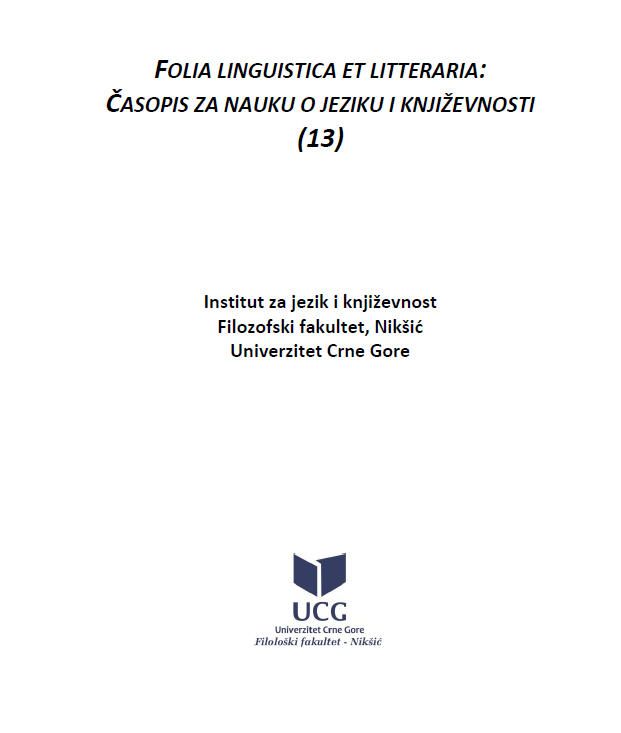WHEN WORLDS COLLIDE: DIVINE RULE AND USURPATION IN RICHARD II AND KING LEAR
WHEN WORLDS COLLIDE: DIVINE RULE AND USURPATION IN RICHARD II AND KING LEAR
Author(s): Denis KuzmanovićSubject(s): Comparative Study of Literature, Pragmatism, 16th Century, 17th Century, British Literature
Published by: Filološki fakultet, Nikšić
Keywords: pacifism; traditionalism; pragmatism; Richard II; King Lear; revolution; Shakespeare; Bacon; power;
Summary/Abstract: Ruminations on power run through many of Shakespeare’s plays, but when it comes to the interplay of the divine right to rule and uprising, Richard II and King Lear seem especially pertinent. Initially, there are some obvious differences: the first is a history play (although it has some elements of tragedy as well) while the second is a tragedy; the first is set at the end of the fourteenth century while the second is placed in Britain’s pre-Christian, pagan past; Richard is deposed fairly young while Lear gives away his kingdom voluntarily as an old man; Richard has no heirs while Lear has three daughters, etc. However, if we look at the two plays closely, there is a similarity in each king’s downfall. It stems from the conflicting natures of two worlds, i.e. viewpoints: that of the divine rule of monarchs in a traditional and cosmologically determined order, and that of usurpation, pragmatism and disregard for customs (or basically, revolution).
Journal: Folia Linguistica et Litteraria
- Issue Year: 2015
- Issue No: 13
- Page Range: 61-80
- Page Count: 20
- Language: English

